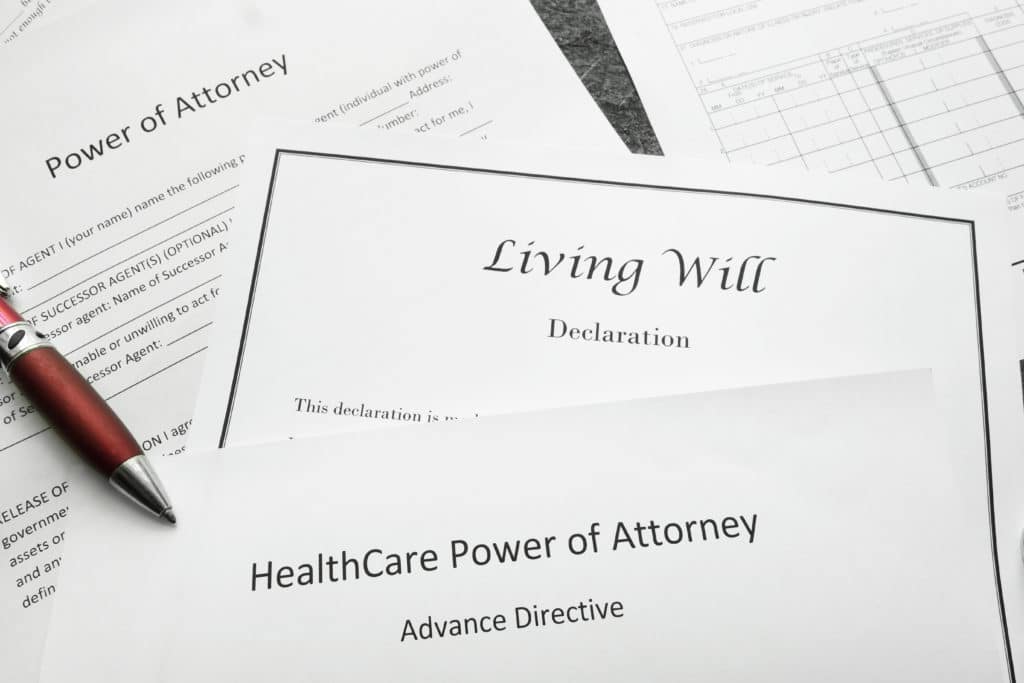
Dear Attorney Tully: Thank you for writing the column about senior issues. I only wish my husband would read your articles. We are in our mid-70s and he is in failing health. He still does not have a living will. I think this could cause some problems for my family if we need to make health care decisions. What can I do to get him to get this done?
Answer: Despite well-publicized cases, most Americans still do not have “advance directives” that give caregivers instructions on the kind of care they would like to receive should they become terminally ill or permanently unconscious. It is difficult for most people to deal with the thought of their own death. As you noted, not giving directions to your loved ones can pose problems.
This should not be a surprise. According to a study by the American Journal of Preventive Medicine, only about 26% of the population has advance directives.
Advance directives (also called medical directives) is an umbrella term for two documents that allow individuals to communicate their end-of-life wishes if they are unable to do so themselves.
The living will basically answers the question “Do you want to be on life support or not?” if you become terminally ill or are in a persistent vegetative state. The health care representative is a document which names an individual who will speak on your behalf if you cannot speak for yourself. The health care representative will ensure that your wishes will be carried out.
The study detailed a number of roadblocks preventing the wider use of advance directives. For example, it was found that the advance directive documents in all the states were written above a 12th-grade reading level, when 40 percent of Americans can read no higher than an 8th-grade level. In addition, laws vary from state to state.
For instance, a few states will accept an oral living will. A few states require at least one signature of a witness. However the vast majority of states require two signatures in order to be valid. Some states require that it be done in the presence of a notary. Some states even have age restrictions on when a living will may be made. Many states will not recognize a living will if it was made while the woman was pregnant.
When it comes to creating a legally executed health care representative, the laws, too, vary from state to state with similar restrictions to those for a living will.
Researchers found these barriers make it difficult or impossible for individuals – particularly the isolated elderly and terminally ill – to complete advance directives.
Another thing to keep in mind is that unmarried couples, including many domestic partnerships, aren’t typically allowed to make emergency medical and financial decisions for each other. If you ever become seriously injured or are otherwise unable to make these decisions and you want to make sure your partner has a say, then you need to create a living will and name a health care representative while you are of sound mind. The decision should be yours, and yours alone, to make.





